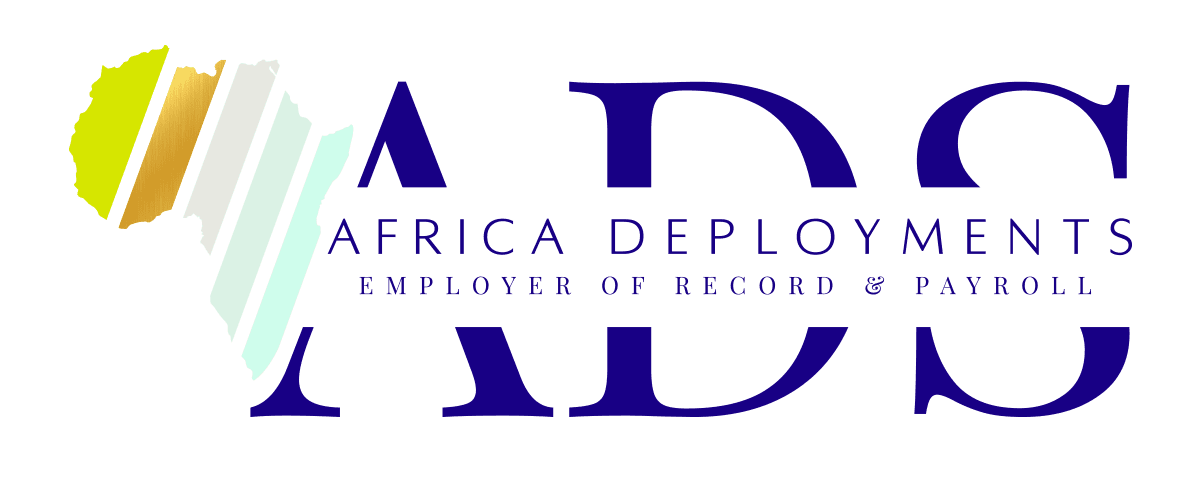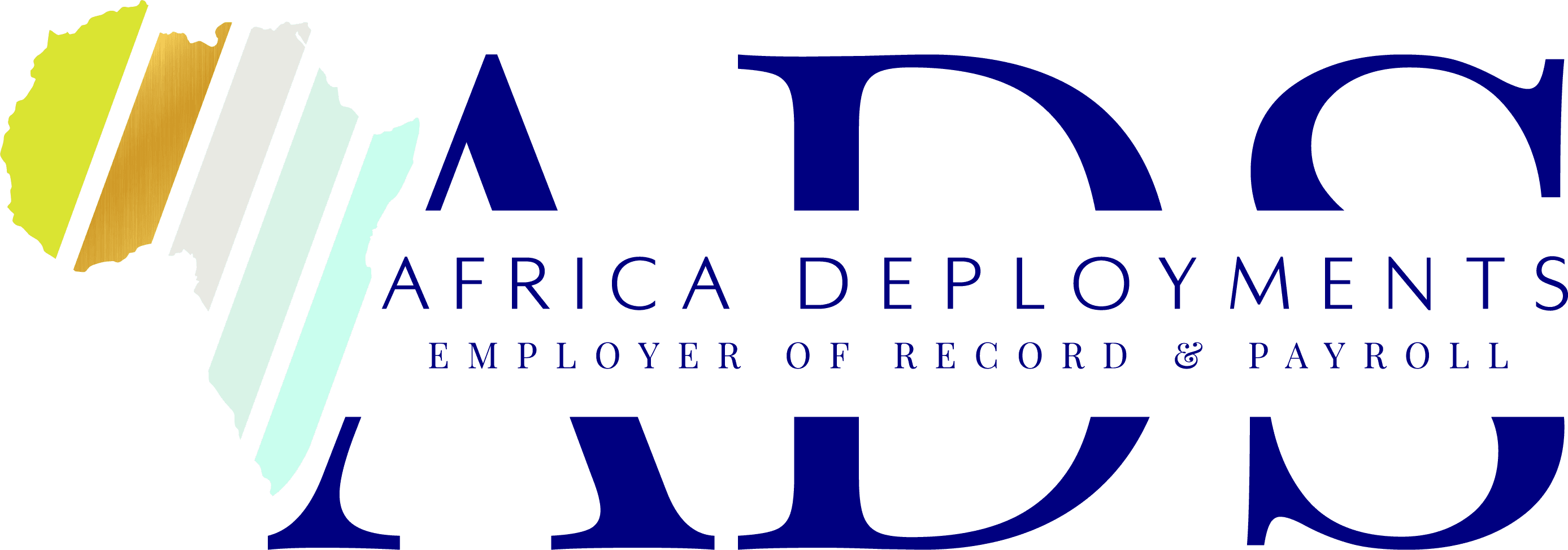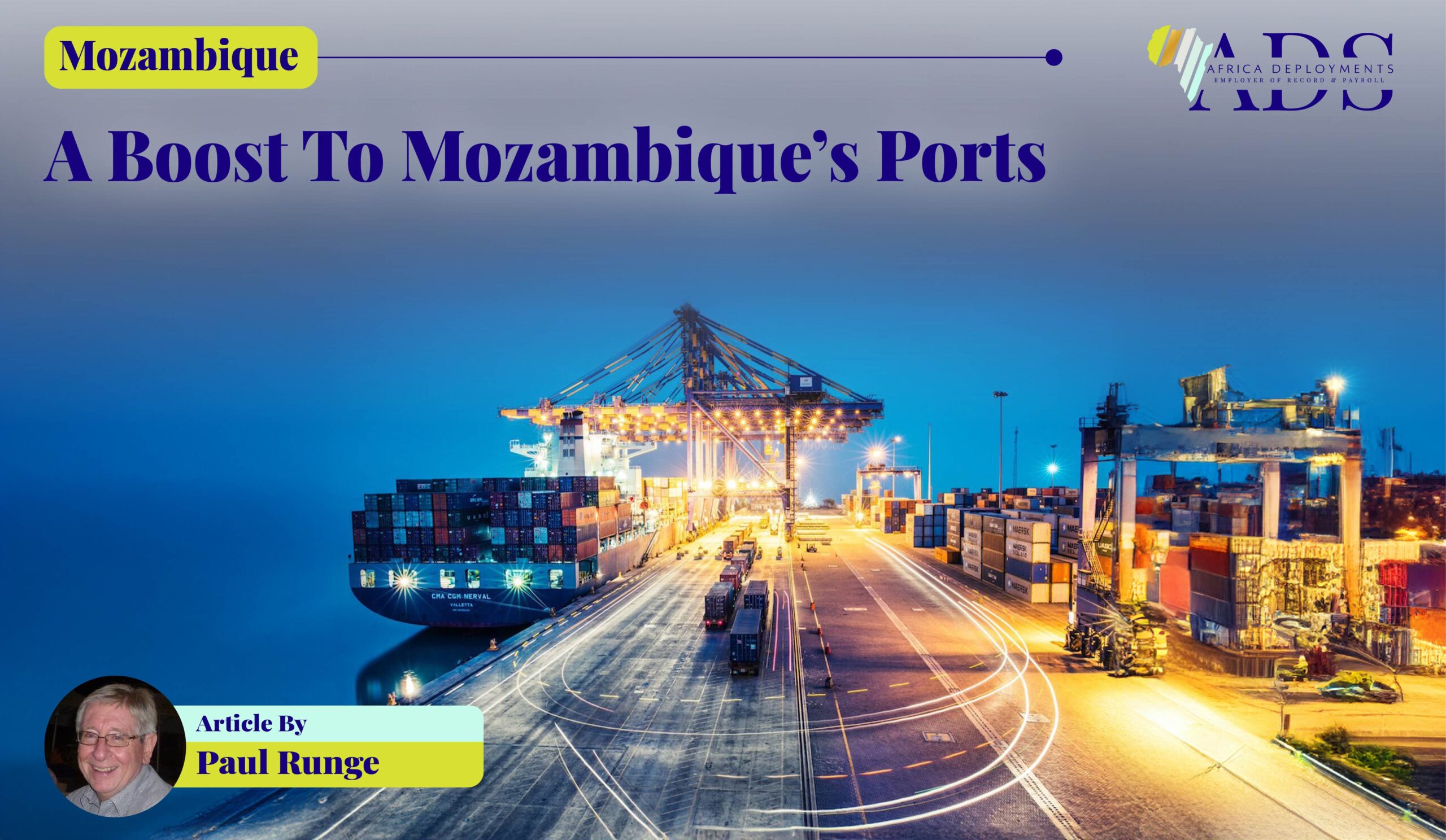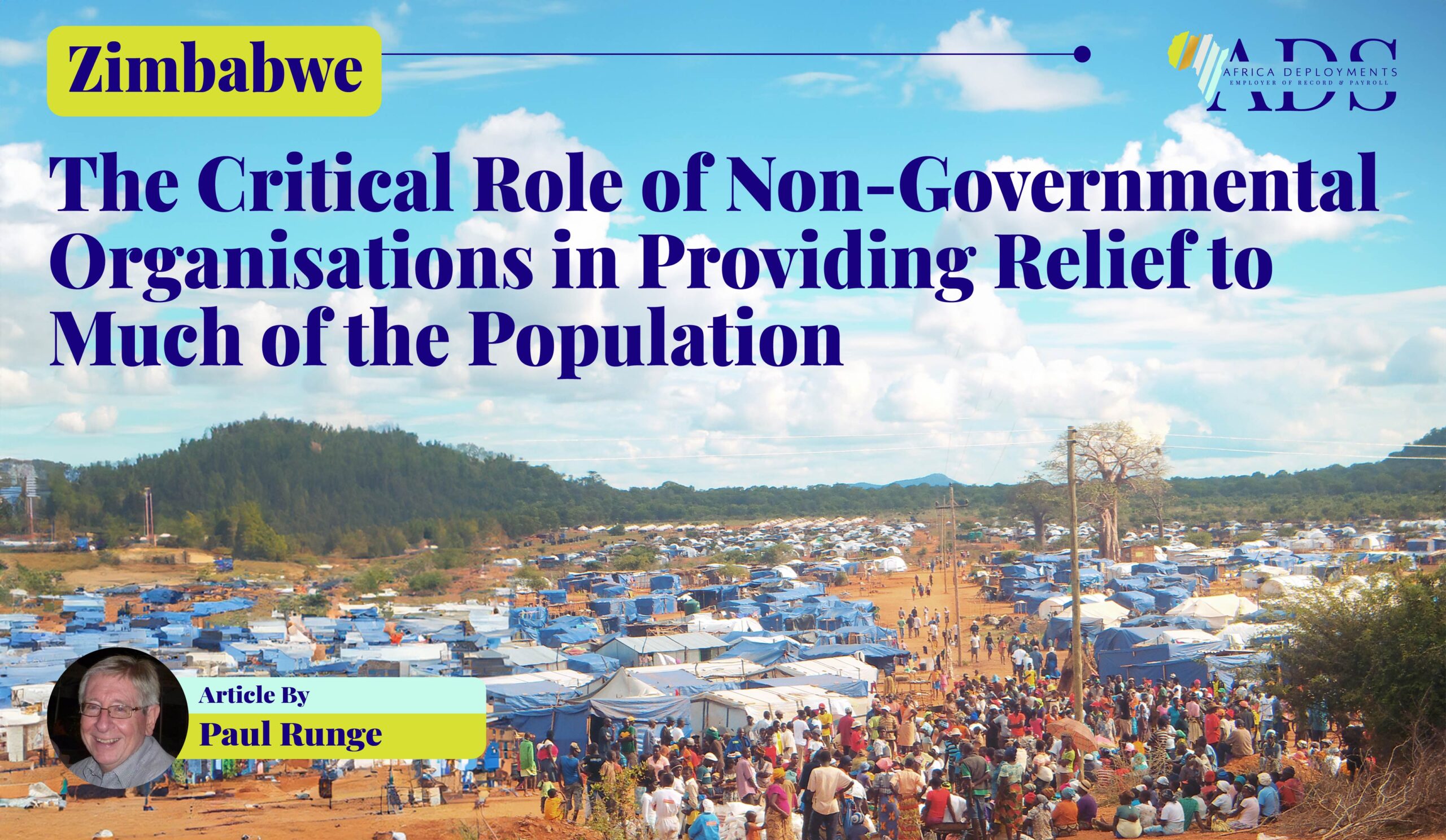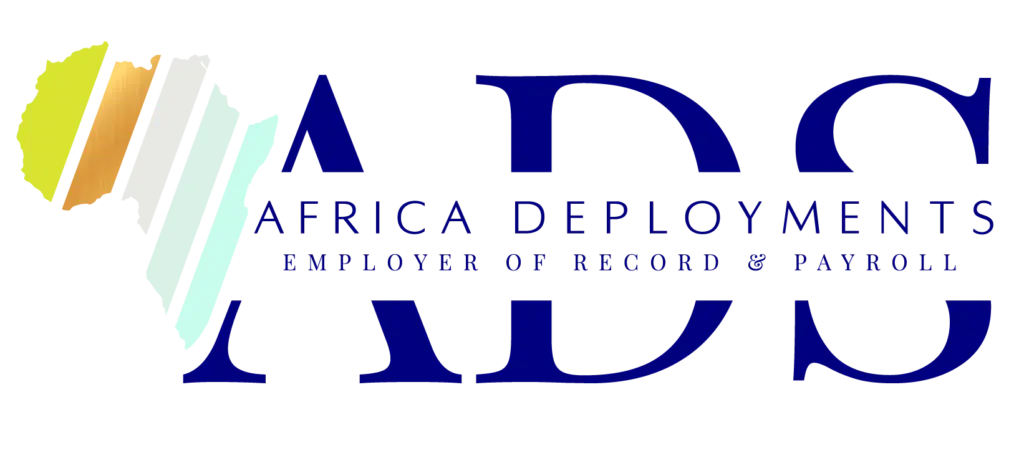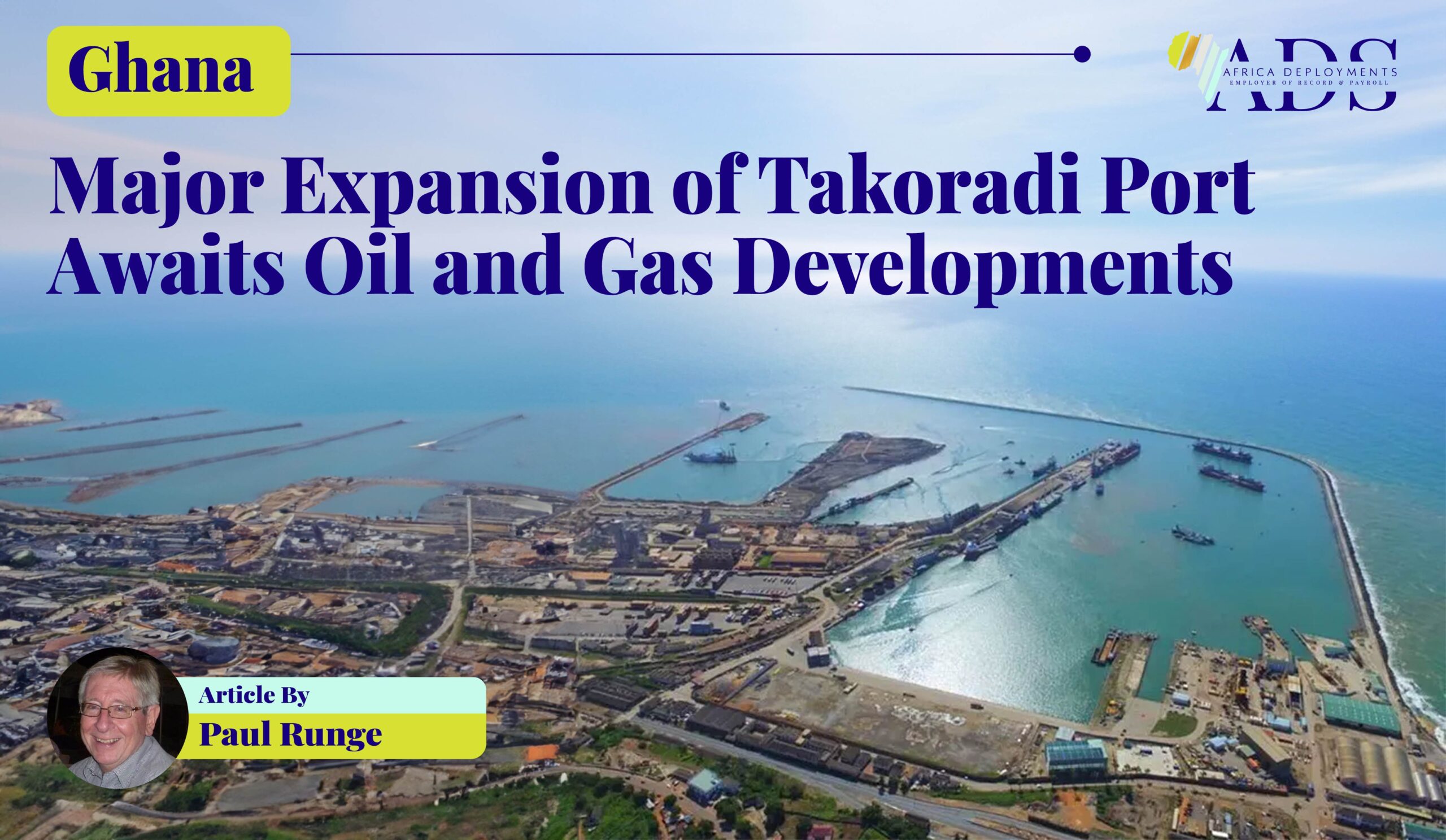
Ghana: Major Expansion of Takoradi Port Awaits Oil and Gas Developments
A flurry of port developments in sub-Saharan Africa
Recent decades have seen major new port developments and port expansions in sub-Saharan Africa. Long-standing ports developed during colonial times are in the main, too shallow for today’s large heavy-lift vessels. Most are also heavily congested. There has consequently been a strong drive for the development of alternative ports. Some are new and some already exist, but these are small or relatively undeveloped. Natural deep—water harbours such as Nacala in Mozambique have been identified and developed. Other long-standing ports such as Takoradi in Ghana are being dredged to achieve the draft required to receive modern vessels. Discoveries of oil and mining resources have led to prioritisation of the expansion of these alternate ports. Takoradi is a good example of a port expansion necessitated by Ghana’s recent oil discovery as the offshore oil is piped to the port for processing and vessel and rig maintenance facilities are installed.
Discovery of oil brings major expansion of an old port…
I undertook business missions to Takoradi Port in 2015 and 2018. Subsequent visits to Accra included meetings with the Ghana Ports and Harbours Authority, which included updates on developments in Takoradi.
Takoradi in Ghana’s Western Region was constructed in 1928 and is the country’s oldest port. It historically handles the exports of cocoa, timber, bauxite and manganese. It is particularly well-located as an integral part of the Sekondi-Takoradi industrial district and export processing zone, and is at the end of the major Takoradi-Kumasi rail corridor that links the port to the interior. Takoradi serves land-locked Burkina Faso.
Oil reserves situated in Ghana waters were discovered in 2007. The offshore fields under development are Jubilee as the largest followed by TEN (Tweneboa Enyenra Ntomme) and later, by Sankofa. The government was astonishingly quick in producing the first barrels for export in three and a half years compared to the average production delay for new oil countries of some six to seven years. The institutional framework for the new oil and gas industries was also rapidly formulated. Ghana’s national oil company, the Ghana National Petroleum Corporation, was established as long ago as 1983, but the major exploration legislation, the Petroleum Exploration and Production Act came into being in 2016.

By 2021, Ghana was producing some 176 000 barrels per day and over 45 000 million cubic feet of natural gas per annum. The value of exported crude oil was over US$4,57 billion in 2018. The annual contribution of oil and gas to the Gross Domestic Product is estimated at US$1 billion. Ghana’s growth rate of 15% in 2011 was attributed to oil production. A new petrochemicals industry was born.
Tullow Oil and Kosmos Energy first discovered oil in commercial quantities. Since then, a good number of oil and oil industrial companies including Eni of Italy have been active in production, processing or support engineering.
Takoradi port and the Sekondi-Takoradi industrial zone were designated as a special oil and gas industrial free zone and oilfields services hub. Much activity ensued. A breakwater was completed, a channel was dredged and dredging backfill was used to create more land area. Other developments included a new quay, a floating facility, a shipyard, fabrication yards for light and heavy industries, cement and mud plants, a tank farm, additional warehousing, power substations, and two desalination plants.
Competition from another port…
Atuabo Port is located further down the west coast and at about 55 kilometres from the offshore fields, considerably closer to the operations than Takoradi. Atuabo already has a natural gas processing plant run by the Ghana Gas Company. Around 2015, there was some political support for the development of Atuabo as a preferred port for operation and servicing of the oil fields. The expansion plans included a fabrication yard, a logistics base, a gas jetty, a ship and rig repair facility, a technology park and even a small airport. However, the impetus was lost and the project promoters closed their offices in Accra.

Some unintended consequences at Sekondi-Takoradi…
As mentioned above, Ghana moved quickly to achieve first production of oil and gas. However, as is the experience of new oil countries, it was also inevitably obliged to face some unintended consequences. These are often generally labelled as the ‘resource curse.’
The sudden influx of oil industry personnel and workers into Sekondi-Takoradi led to sharp rises in accommodation and property rates. There were reports of evictions of poorer inhabitants of the town. This negative social impact development was partially alleviated by the efforts of some port contractors to assist the local community. For example, Viking Offshore donated a significant percentage of potable water production from the desalination plants which it had constructed at the port.
The authorities moved to ensure local beneficiation through the Petroleum Revenue Management Act of 2011 which was amended in 2015, and which allocated funds for infrastructure development. The Act set up the Public Interest and Accountability Committee to monitor and evaluate the management and use of Ghana’s petroleum revenues.
Then a slow-down and the need for ‘big ticket’ investors…
However, the past six years have seen a marked decrease in development activity at Takoradi Port. The reasons for this slow-down include lower oil process over most of those years, negative cash flows registered by the oil companies, unfavourable contracts, sovereign debt and budget limitations, and lack of clarity and coordination from the role players.
Yet the Takoradi Port Expansion Programme continues, and there has been some recent activity. In 2022, the president inaugurated the Atlantic Container Terminal, as well as a new dry bulk jetty for minerals exports. Special focus is now on gas for domestic power generation. There are references to the expansion of gas infrastructure, including a new LNG terminal and a gas pipeline from the coast to the interior hub of Kumasi. In 2021, Eni announced a significant offshore oil discovery in Block Four. It has been reported that Tullow plans to invest US$400 million in its fields in 2023.
Economic activities at the port, such as onshore fabrication and oil fields development support services, have nevertheless been limited. Activation and resumption of port development will come from the arrival of offshore investors in new oil fields. More commercially viable discoveries are required.
The original Takoradi Port Expansion Programme included an area especially reserved for ‘an oil and gas major’. It is the view of current contractors that the arrival of such a ‘big ticket’ major could generate strong renewal and upswing in operations at the port.

